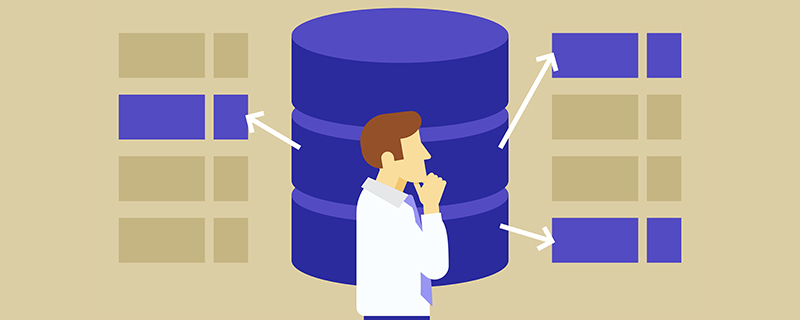
MySQL is the most popular relational database management system. In terms of WEB applications, MySQL is one of the best RDBMS application software. In this introduction, you will quickly master the method of restarting MySQL in Linux and use the MySQL database easily.

My.cnf has been modified and the MySQL service needs to be restarted. Please see the following article for the correct method of restarting MYSQL
Because it is installed from the source package Mysql, so there is no servcie mysqld restart script commonly used by Red Hat in the system
I have to restart it manually
Someone suggested Killall mysql. This barbaric method actually doesn't work. If the table is forced to terminate, the loss will be huge if the table is damaged.
The safe restart method is recommended here
$mysql_dir/bin/mysqladmin -u root -p shutdown $mysql_dir/bin/safe_mysqld &
mysqladmin and mysqld_safe are located in the bin directory of the Mysql installation directory and are easy to find.
Restart the MySQL service under windows
For users who have not installed the mysql graphical management terminal to start and stop the mysql service:
…\…\bin>net stop mysql
…\…\bin>net start mysqlHow to start/stop /Restart MySQL
Starting, stopping, and restarting MySQL are operations that every webmaster with an independent host must master. Here is a brief introduction to the operation method:
1. Startup method
1. Use service to start: service mysqld start
2. Use mysqld script to start: /etc/inint.d/mysqld start
3. Use safe_mysqld Start: safe_mysqld&
2. Stop
1. Use service to start: service mysqld stop
2. Use the mysqld script to start: /etc/inint.d/mysqld stop
3. mysqladmin shutdown
3. Restart
1. Use service to start: service mysqld restart
2. Use mysqld script to start: /etc/ inint.d/mysqld restart
It’s been a long time since I restarted mysql under Linux. It seems that the service is too stable. Haha, the machine died recently. After restarting, the mysql service has to be restarted. I forgot the command. I have no choice but to use Baidu or Google!
The following is what I searched from the Internet. It should be the most reliable one. Please try it and see if it works!
I haven’t messed with the server for a long time. I opened the page to be debugged early in the morning and found that the /tmp directory space was full, causing MySQL to be unable to run normally. So I modified the storage path of mysql.sock in my.cnf and related settings in php.ini. At this time, I need to restart MySQL. Haha, I haven’t messed with the server under Linux for a long time. I suddenly can’t remember how to do it. Here is the command to restart the MySQL service under the Linux operating system: (
So I searched Baidu and Google for "Command to restart MySQL under Linux". As soon as the search results were displayed, I found the answer from the summary information of the previous items: ) The following is the correct way to restart MySQL under Linux:
1. MySQL installed through rpm package
service mysqld restart
2. MySQL installed from the source package
// linux关闭MySQL的命令 $mysql_dir/bin/mysqladmin -uroot -p shutdown // linux启动MySQL的命令 $mysql_dir/bin/mysqld_safe &
where mysql_dir is the MySQL installation directory, mysqladmin and mysqld_safe are located in the bin directory of the MySQL installation directory and are easy to find.
3. When the above methods are invalid, you can shut down MySQL by forcing the command: "killall mysql", but this method is not recommended because it This brutal method will forcibly terminate the MySQL database service and may cause table damage... so use it at your own discretion.
Related learning recommendations: mysql tutorial(video)
The above is the detailed content of How to restart MySQL in linux. For more information, please follow other related articles on the PHP Chinese website!